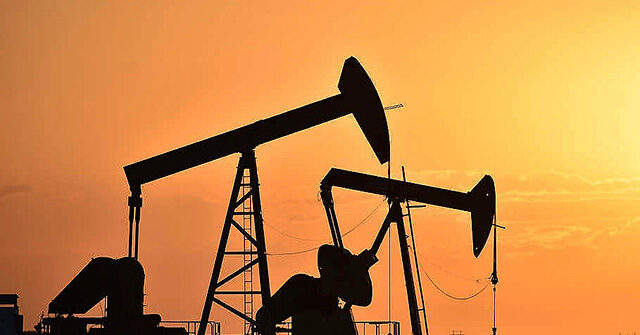A recent report by a fringe group of climate scientists, spearheaded by activists William J. Ripple and Christopher Wolf from Oregon, has generated attention by proclaiming that much of Earth’s life-supporting systems are facing imminent peril due to climate change. The authors assert that we stand on the precipice of an “irreversible climate disaster,” attributing this crisis to escalating greenhouse gas emissions and profound changes in ecosystems. Their publication, “The 2024 State of the Climate Report: Perilous Times on Planet Earth,” claims that we are entering a critical and unpredictable phase of the ongoing climate crisis, which necessitates urgent attention and action.
The urgency of their message is underscored by alarming data, as the authors cite 35 “planetary vital signs,” noting that 25 of these indicators have reached unprecedented levels. This increase is purported to have caused a series of unprecedented climate-related disasters over the past year. Ripple and Wolf express particular frustration regarding humanity’s reliance on low-cost fossil fuels that have driven emissions to record highs, despite accessible and potentially sustainable renewable energy alternatives. They argue that the reliance on fossil fuels is exacerbating climate impacts and contributing to the catastrophic conditions unfolding around the globe.
The narrative presented in the report, typical of doomsday climate warnings, suggests looming disaster without detailing specific consequences. The authors pose alarming questions about the future, hinting at potential scenarios such as massive flooding or extreme heat, but leave readers with scant concrete examples of how the crisis will manifest. Instead, they focus on the unprecedented nature of the climate crisis, emphasizing an abrupt upheaval that humanity has never before faced. They underscore the uniqueness of current climatic conditions, suggesting we are now experiencing climate realities starkly different from those of humanity’s past.
Ripple and Wolf delve into the concept of interconnected climate feedback loops that could trigger uncontrollable processes leading to even more significant warming. They raise concerns over the ramifications of such a scenario, warning of the potentially catastrophic risk of societal collapse, which is receiving increasing attention in climate research. This dire picture painted by the authors emphasizes the need for immediate recognition of the severity of the climate crisis and the urgent responses required to mitigate it.
To avoid what they describe as impending doom, the report outlines a need for immediate, impactful, and equitable climate policies. Ripple stresses the importance of prioritizing a rapid phase-down of fossil fuel usage as a primary measure to avert further ill effects on vital planetary systems. He advocates for the implementation of a global carbon pricing mechanism that could significantly reduce emissions while simultaneously funding climate actions. In an unexpected twist, the report even suggests the controversial idea of stabilizing and eventually reducing the human population, despite rising concerns regarding demographic shifts impacting various regions across the globe.
As the international community prepares for the upcoming UN COP29 climate summit in Baku, Azerbaijan, Ripple calls for a binding agreement on a global fossil fuel phase-out and advocates for a comprehensive timeline to accelerate climate initiatives. He expresses hope that wealthier nations will bolster their climate finance commitments to support developing countries in expanding renewable energy infrastructure and adapting to climate impacts. The authors’ report stands as a provocative call to action, urging immediate intervention to address the pressing threats posed by climate change before it is too late for the stability and preservation of life on Earth.

